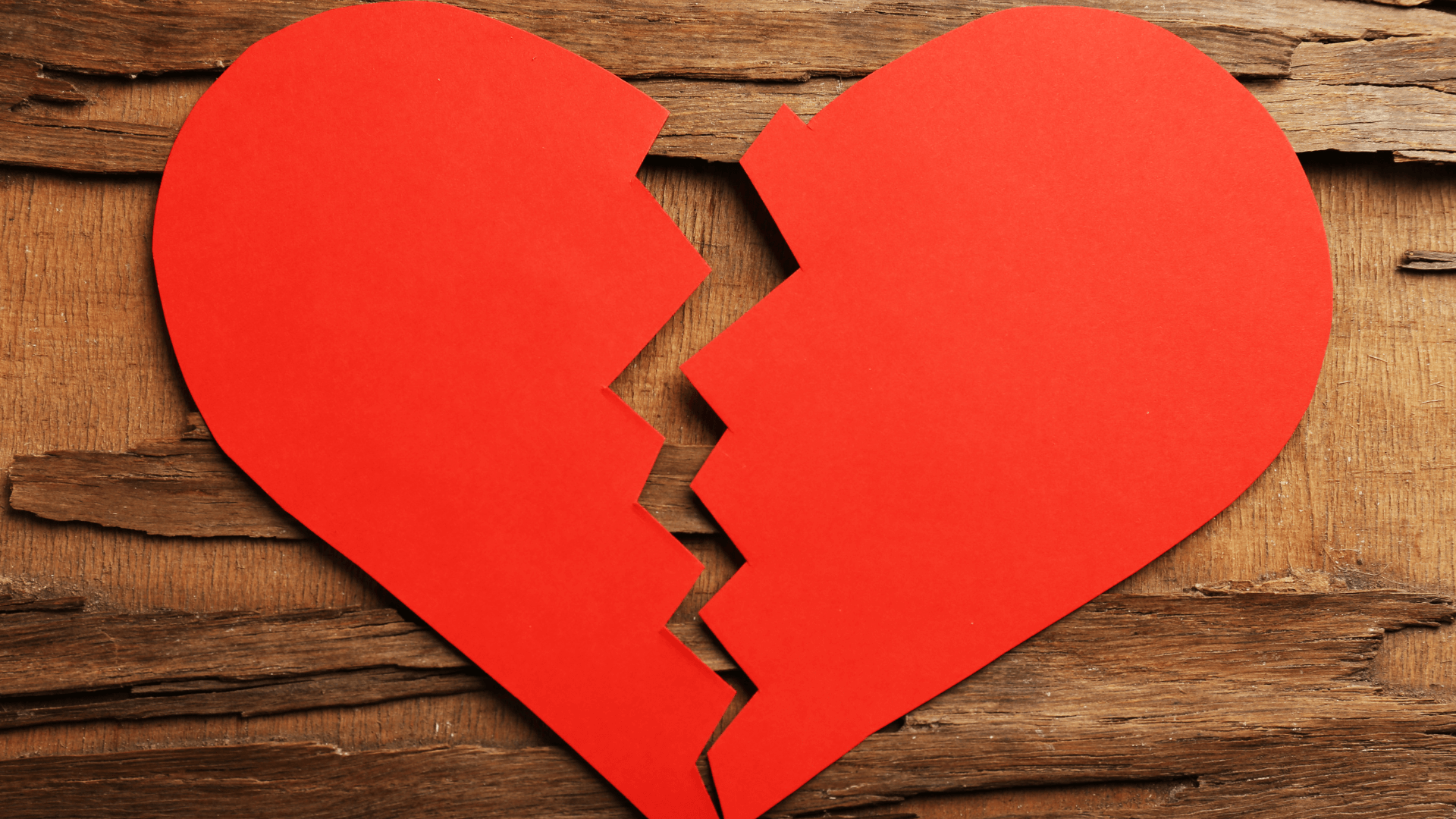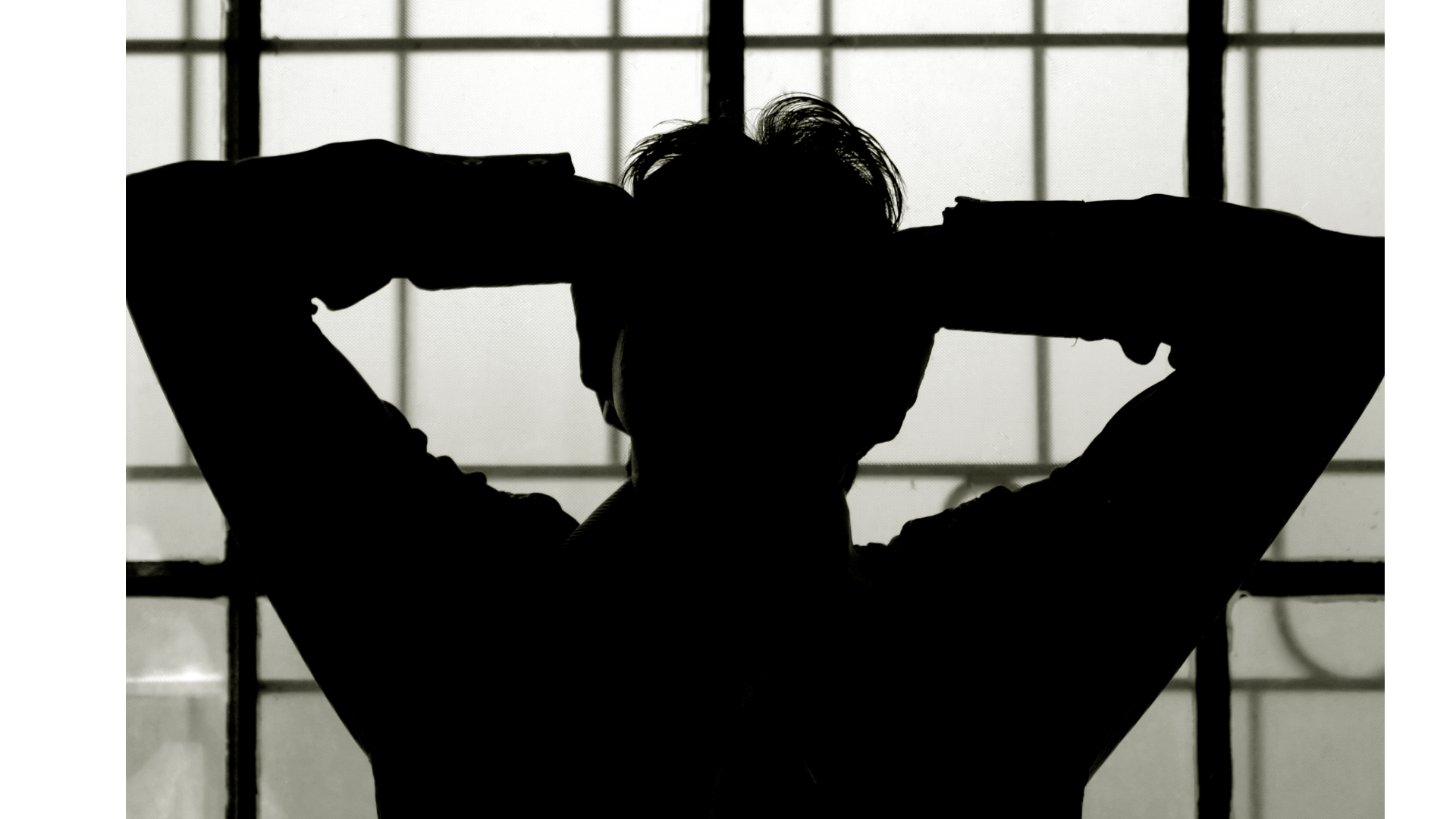Return to wholeness.
“Return to Wholeness” implies that something was broken and needed restoration.
I get that. That’s why I’ve developed an online course with that name.
Return to Wholeness is an online course to help broken Christians feel better, become whole, experience supernatural peace – and have fun in the process.
Sounds counterintuitive, right?
Through my service in Christian ministry for 40+ years, I’ve seen so many believers stall out in their faith – they spend their days frustrated, defeated, and even desperate. Broken, in other words. The fulfilling Christian life that others seem to experience eludes them.I know what I’m talking about – you could count me among that number.
I know how you feel. I’ve felt the same way. What I have found is that there is a path to feeling better (actually, BEING better) and it’s a spiritually and scripturally based journey.
This concept has been gradually built in local churches I’ve served over the years, coming alongside literally hundreds of fellow pilgrims in group settings and one-on-one, and I’m happy to say that it has officially launched.
What totally caught me off guard is that a national publication picked up on the story. Believe me, Return to Wholeness wasn’t promoted to them.
Here’s the link to the article. It’s a quick read. I think this is pretty cool.
The story in The Baptist Paper does a jam-up job of explaining where I’m coming from. Return to Wholeness is a passion project for me. “Driven” is a strong word, but that’s where I find myself.
Return to Wholeness is an online course, so you can enjoy it (and implement it) right from where you are!
Here’s the thing, though. Take heed. I’m not playing.
I’m enrolling students right now through September 20 (or until we sell out)!
There is limited availability. After September 20, the price will go up.
You’ll receive access to the first unit on September 26, and each subsequent lesson will be delivered each week after that. This way, you can consume the content in your own time.
Here is a document explaining much of what you’ve already heard, but it also contains all you need to get started.
But – one huge component to Return to Wholeness will be access to a very exclusive membership-only Facebook group. You’ll be able to interact with your fellow pilgrims. You can ask questions, share progress, get encouragement when you’re “stuck,” and have access to me personally. You can engage at whatever level you’re comfortable with. You’ll never walk alone. This is fire. 🔥
What distinguishes Return to Wholeness from any other course I’m aware of is that I am persuaded that becoming whole again doesn’t have to be a slog. It doesn’t have to be heavy, oppressive, grueling, or dark. Dark valleys give way to green pastures, and there is a joy in that. What I’ll share will give you joy, and I will make sure you have fun along the way.
And if you have this God-driven sense that you won’t benefit from this course, would you happen to know of a friend or family member who would? I’d just about assure you that’s the case.
I created Return to Wholeness because I am heartbroken at how many Christians I meet who are living defeated lives of quiet desperation. That scripturally-promised abundant life simply isn’t a reality for them. And, in this fallen and toxic world, so many seem to be abandoning hope.
It doesn’t have to be that way.
It doesn’t matter who you are, what has happened in your past, or the degree of anxiety you have about the future. You can return to the wholeness you once experienced and felt as a new believer.

If you want to feel better and be better, if you want to be restored after brokenness, and you want to experience supernatural peace without having to deal with past hurt and tragedy, be sure to join us in Return to Wholeness.
I had a friend ask me, “Tony, are you trying to sell something?”
I sure am. Here’s what I’ve realized. Selling is service. I’m providing a tool that can potentially be life-changing, and I say that because it’s God who brings about change. We just have to position ourselves in a place where He’s working, give some hope and encouragement and tools, and let Him do what only He can do.
When you join Return to Wholeness, you get:
- 7 Steps to Wholeness. This is the heart and soul of the course, presented in an easily accessible, upbeat, and encouraging video format.
- 7 Steps to Wholeness Workbook. This is the written companion piece to the video study, including a listening guide, interactive questions, and other goodies – not “schoolish” at all.
- 31 Days to Restoration. This hands-on devotional guide will complement and interface with what you’re learning in the course by helping you develop intimacy with Jesus Christ.
- Personal Journal. If you aren’t journaling (or maybe if you already are), here’s where you start … this downloadable PDF will help you unpack your head and get some mental and emotional breathing room.
- The Me Nobody Knows. This assessment instrument will help you identify the pain points in your life and prepare you for your study ahead – and will also show you the progress you’ve made when all is said and done.
- Direction Finder. Here’s my bulletproof method of how to make wise decisions, presented in a sequential, step-by-step format. You’ll love this.
- The Restoration Group. This might be the most important component of this course – a private, curated Facebook group strictly for students of Return to Wholeness. We’re here for each other – for mutual encouragement, celebration, grief, and plenty of opportunities to interact with me personally.
Again, the price will most assuredly go up September 20. While enrollment will stay open indefinitely, I have to rein things in somehow.
If you’ve made it this far, here is a document explaining much of what you’ve already heard, but it also contains all you need to get started.
That’s it. Be blessed. Comment below.










